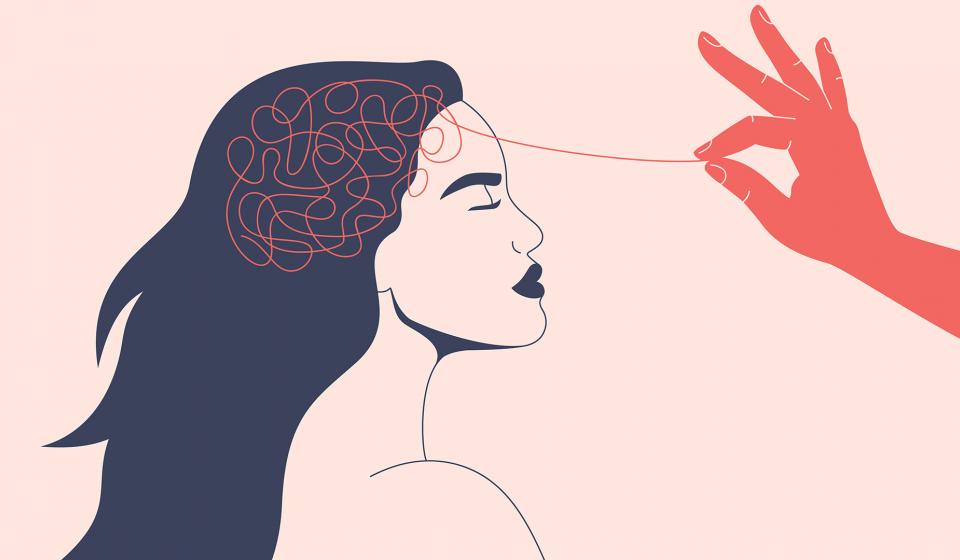The War on Drugs: Reevaluating Policies and the Social Cost of Incarceration

The War on Drugs, initiated in the 1980s, has been a central element of U.S. and global drug policies for decades. Initially framed as a necessary battle against drug abuse and its associated crime, the campaign has led to profound and often harmful consequences, particularly in terms of mass incarceration and its social, economic, and racial impacts. As the conversation around drug policy evolves, it is increasingly clear that the war on drugs, in its current form, has exacerbated many of the issues it sought to address.
One of the most significant consequences of the War on Drugs is the massive expansion of the prison system, especially in the United States. Policies like mandatory minimum sentences, “three strikes” laws, and the criminalization of drug use have led to the incarceration of millions, disproportionately affecting minority communities. The United States, for example, has the highest incarceration rate in the world, with a significant percentage of the prison population incarcerated for nonviolent drug offenses. This overreliance on incarceration as a response to drug use and addiction has not only failed to reduce drug use but has also created a host of new social and economic problems.
The social cost of mass incarceration is immense. Families are torn apart, with individuals, primarily from marginalized communities, being incarcerated at alarming rates. The long-term impact on these families can be devastating, as children are often left without their primary caregivers, leading to cycles of poverty, trauma, and crime. Incarceration also leads to the stigmatization of ex-offenders, making it more difficult for them to reintegrate into society upon release. This lack of rehabilitation and the criminalization of drug use contributes to a permanent underclass of individuals who struggle to find employment, housing, and access to healthcare.
From an economic perspective, the cost of the War on Drugs is staggering. The U.S. alone spends billions annually on law enforcement, judicial processes, and prison systems. However, the economic benefits of incarceration are minimal, as a majority of those incarcerated for drug offenses do not contribute to the economy while imprisoned and often struggle to do so after release. Moreover, the societal costs of lost productivity and the long-term welfare of incarcerated individuals far exceed the expenses associated with law enforcement and prisons.
One of the most compelling reasons to reevaluate drug policies is their disproportionate impact on racial minorities. African Americans and Latinos are more likely to be arrested, convicted, and incarcerated for drug-related offenses despite similar rates of drug use across racial groups. This disparity is rooted in historical and systemic racial inequalities, with drug laws often serving as a tool for social control rather than public safety. Reforming drug laws to address these racial disparities is a necessary step toward achieving social justice and equality.
Shifting the focus from punitive measures to rehabilitation and harm reduction is crucial in addressing the root causes of drug abuse. Research has shown that addiction is a health issue, not a criminal one, and that treatment and rehabilitation are more effective than incarceration in reducing drug dependence and recidivism. Countries that have decriminalized or legalized certain drugs, such as Portugal, have seen significant reductions in drug-related deaths, HIV transmission rates, and drug use among young people. These nations have focused on providing medical and psychological support for individuals with substance use disorders, offering them the resources to recover and reintegrate into society.
In the U.S., a growing number of states have started to implement progressive drug policies, including decriminalization of marijuana, diversion programs for low-level offenders, and increased funding for drug treatment programs. However, these reforms are often inconsistent and face resistance from certain political groups. A comprehensive approach to drug reform must include not only changes in the legal system but also investments in prevention, education, and treatment services.
In conclusion, the War on Drugs has created more harm than good, leading to the mass incarceration of vulnerable populations, exacerbating racial inequalities, and imposing a heavy social and economic burden on society. Reevaluating drug policies and shifting toward approaches that prioritize harm reduction, rehabilitation, and social reintegration is critical for reducing the costs of incarceration and building a more just society. Moving away from a punitive approach to drug use and addiction will not only improve individual lives but also enhance overall public health and safety, fostering a more equitable and compassionate world.










